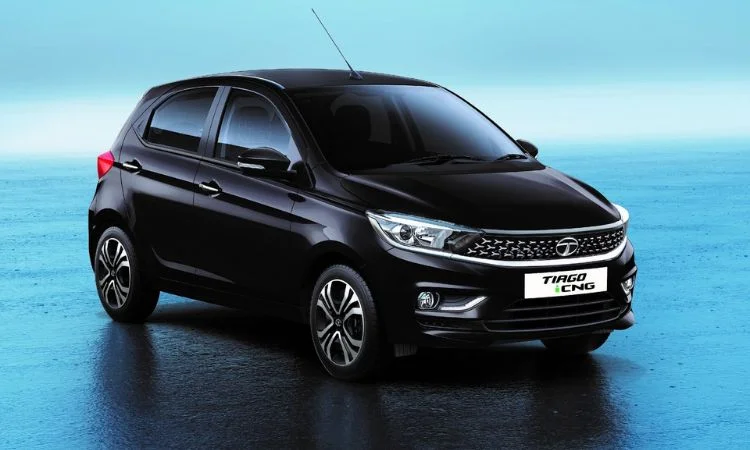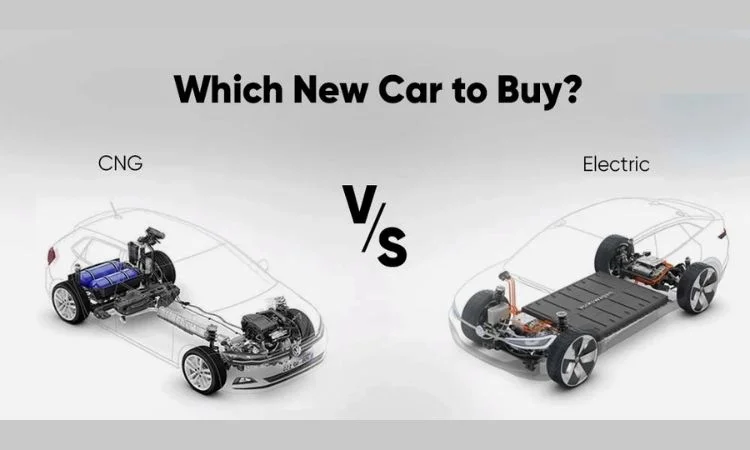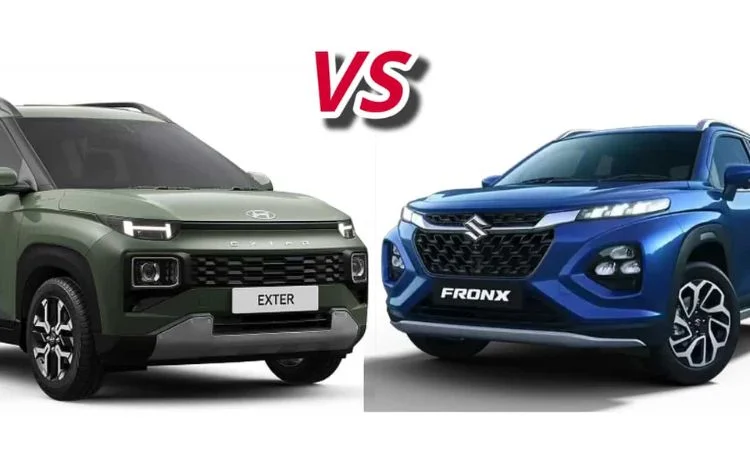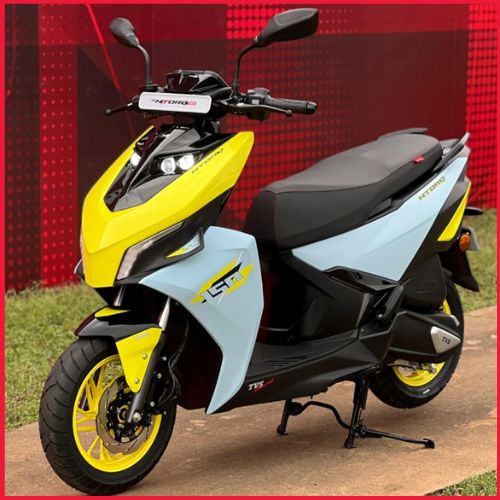
Tata Motors is known for its innovative automotive technologies so it is not surprising that the company is developing iCNG technology, it aims to be the first car maker in India that offers CNG units factory-installed with AMT. While it sounds simple, the iCNG element is an acronym for “Intelligent Compressed Natural Gas”, which stands for CNG kits that are installed directly at the factory during the production process. This can result in a completely integrated CNG system being working in conjunction with the car’s ECU to obtain the best ECU performance.
Modification of an existing CNG automobile for Indian roads typically takes place interim the sale, which might decrease the drivability factor. iCNG technology wants to address the issue of disjointness in terms of CNG driving experience when compared to the gasoline operated vehicles by stripping-off the differences between this converter and a factual vehicle. Next, let us talk about the differences of iCNNG compared to ordinary CNG.
CNG vs iCNG: Key Differences
- Installation: CNG kits are generally added later by an aftermarket vendor. iCNG kits are factory-fitted during vehicle production.
- Integration: CNG ECUs operate independently of the main ECU. iCNG fully integrates the CNG system with the main ECU for synchronized control.
- Performance: CNG mode often sees reduced power figures compared to petrol. iCNG promises negligible difference in power/torque output between fuels.
- Startup: CNG vehicles can take 10-15 seconds to startup in CNG mode. iCNG facilitates direct CNG ignition for near-instant startup like petrol.
- Drivability: Retrofitted CNG kits may impact drivability due to separate ECUs. iCNG aims to deliver a consistent driving experience in both modes.
- Fuel Efficiency: Well-integrated iCNG systems can achieve higher mileage than conventional retrofitted CNG kits.

Tata’s iCNG Launch Plans
Tata Motors has informed that the booking for the iCNG models of Tiago, Tigor, etc are now available. The deliveries are expected to begin in a few months. The automaker is adopting a phase-wise approach for rolling out iCNG across different cities:
- Phase 1 (Jan-Mar 2023): Delhi NCR, Mumbai, Pune, Bengaluru, Hyderabad
- Phase 2 (Apr-Jun 2023): Ahmedabad, Surat, Vadodara, Kolkata, Indore, Bhopal
- Phase 3 (Jul-Sept 2023): Jaipur, Chandigarh, Lucknow, Chennai, Coimbatore
- Phase 4 (Oct-Dec 2023): Rest of India
They have just launched a new iCNG technology products, and for now only the Tiago and Tigor hatchbacks are made with this technology. Nevertheless, Tata will launch the iCNG versions of Altroz, Nexon, and Punch in sequential order during the (next) coming 12-18 months.
Benefits of Going iCNG

There are several advantages that make iCNG cars an attractive green mobility option:
Lower Running Costs: CNG is much more affordable than petrol at approx. Rs. 50-60 per kg vs Rs. 100-110 per liter of petrol. This brings down the per km cost by 40-50%.
Better Mileage: Well-integrated iCNG systems are expected to deliver 15-20% higher mileage than equivalent petrol models. Some CNG cars can go as high as 35 km/kg.
Environment Friendly: CNG emits 25% lesser carbon emissions and is cleaner burning than petrol. It also cuts down oil imports making India more energy independent.
Fuel Availability: With over 3000 CNG stations across India and growing, CNG refueling network is rapidly expanding to most cities.
Lower Maintenance: CNG causes minimal engine wear & tear compared to petrol. This keeps maintenance costs low over the vehicle’s lifetime.
iCNG Technology: The Difference Maker
While CNG has been around for a while in India, iCNG takes the CNG car experience to the next level through seamless factory-integration. This allows iCNG vehicles to perform and feel like regular factory-fitted petrol cars in both fuel modes. Tata Motors’ efforts to introduce AMT with iCNG will make the technology more accessible and user-friendly for everyday driving needs.
With rising petrol prices squeezing budgets, iCNG seems poised to emerge as a popular ‘green yet practical’ mobility solution. Tata’s leadership in this space is likely to accelerate India’s transition towards more sustainable transportation fuels. The automaker’s phased rollout approach also ensures iCNG network grows hand in hand with vehicle availability across the country. Exciting times ahead indeed for affordable and efficient motoring!















